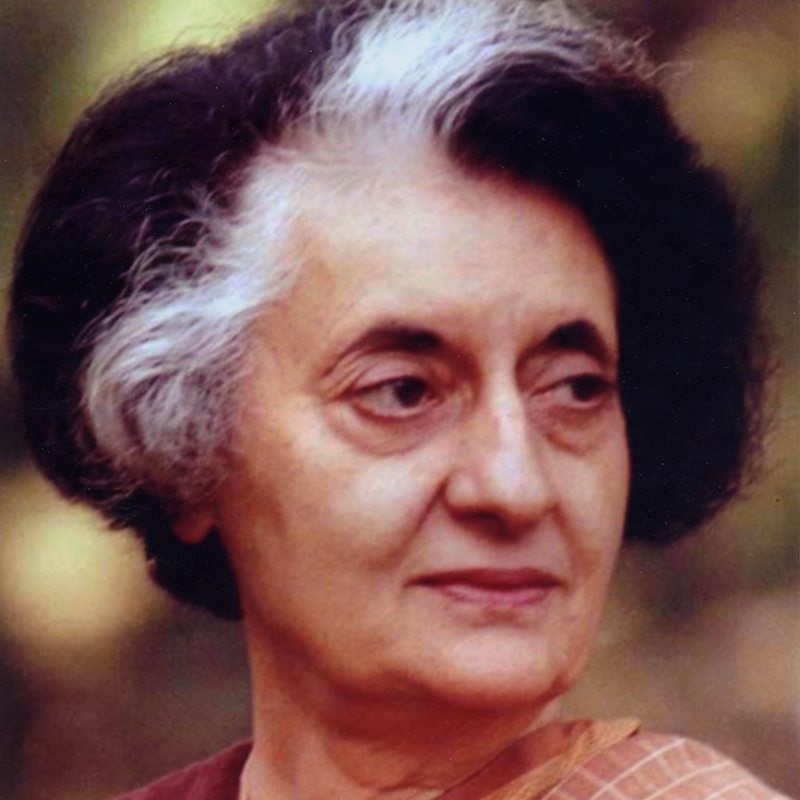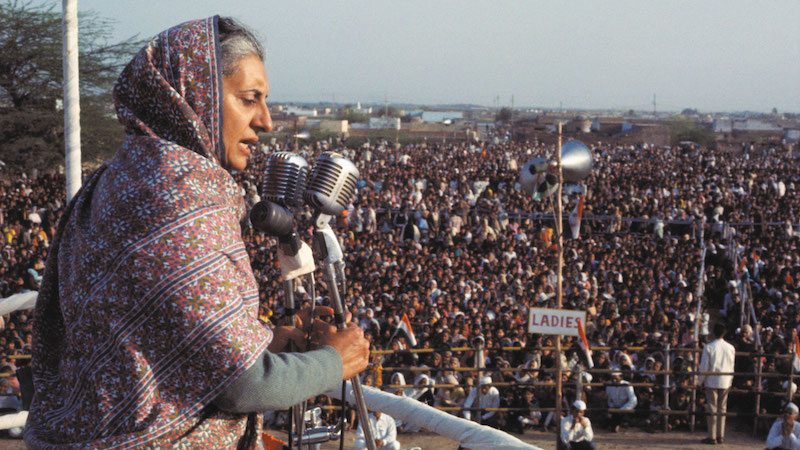Indira Gandhi
Episode #5 of the course “Incredible female leaders through history”
Indira Gandhi was the fourth prime minister of India and the only woman ever to serve in that position. She was of no relation to the Indian social activist Mahatma Gandhi, although she did enjoy meeting him once during her youth. Rising through political ranks because of her family’s connections, Gandhi served during the tumultuous 20th-century establishment of the Republic of India. Her life ended in 1984, when she was assassinated by her bodyguards in retribution for the disrespect they felt for their religion.
Born in 1917, Indira Gandhi was educated at Oxford University (although she did not graduate) before serving as chief of staff to her father, India’s first prime minister, Jawaharlal Nehru. After his death in a plane crash in 1964, she led the congressional party of the Indian parliament, becoming prime minister in 1966. She suffered scandal during the 1970s but maintained political power despite strong opposition.

As leader, Indira was known for centralizing power, reforming economic policies to try to control inflation, and engaging in war with Pakistan, which resulted in the creation of Bangladesh. Some labeled her as a socialist, but she retorted that they could call her what they wanted; she saw her ultimate goal as the eradication of poverty. She worked tirelessly to strengthen India, giving her last speech the day before her death, which included a vow to “invigorate India and strengthen it” until her last breath.
Some thought Gandhi focused too much on domestic policy instead of foreign policy, but today she is still heralded for being one of the most influential women in India’s history. Although she did not officially finish her Oxford education, the prestigious university later named her an honorary graduate, rather than simply awarding her an honorary degree. She remains the only Indian woman who has been recognized by Oxford University in this way.
Quotes
“You must learn to be still in the midst of activity and to be vibrantly alive in repose.”
“I am not interested in a long life. I am not afraid of these things. I don’t mind if my life goes in the service of this nation. If I die today, every drop of my blood will invigorate the nation.”
“A nation’s strength ultimately consists in what it can do on its own, and not in what it can borrow from others.”
Share with friends

